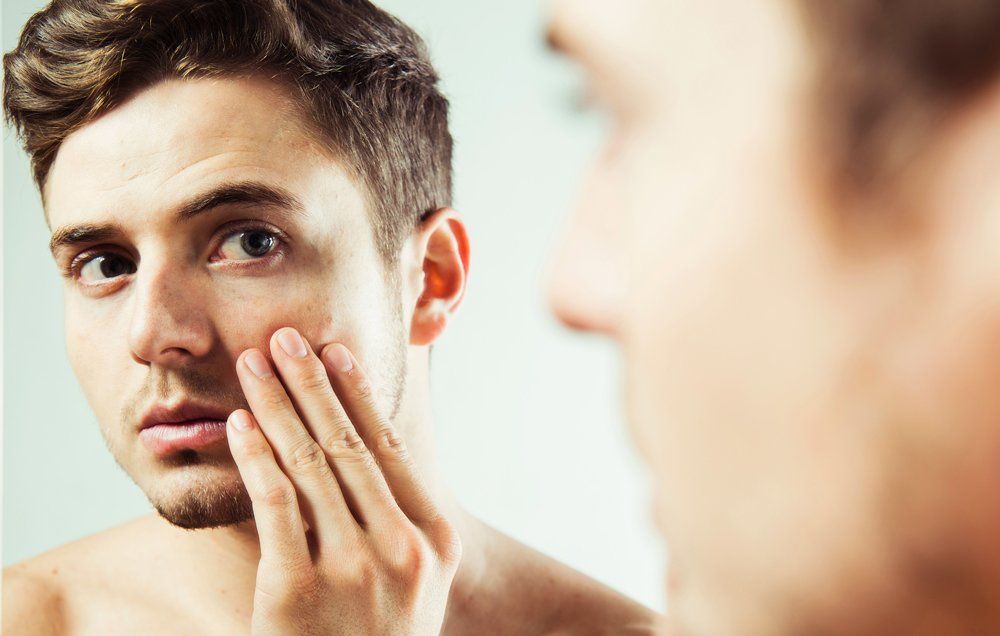Peptides and advanced anti-aging technologies are revolutionizing the skincare industry, offering versatile and personalized solutions to combat various signs of aging.
The natural aging process is characterized by a gradual decline in the skin’s ability to regenerate, leading to a decrease in collagen and elastin production. This results in visible signs of aging such as wrinkles, fine lines, and sagging skin. In the realm of skincare, peptides have emerged as a pivotal ingredient in combating these signs, primarily through their ability to stimulate [collagen synthesis]thereby improving skin firmness and elasticity. For instance, research suggests that bioactive peptides like GHK-Cu and CPE exhibit antioxidant and anti-inflammatory functions, which can delay aging by targeting specific skin concerns such as oxidative stress and inflammation.
Peptides serve as messengers in the skin, initiating communication with cells to trigger various processes that promote skin regeneration and repair. Different types of peptides offer unique benefits for the skin. For example, some peptides increase hydration, others reduce pigmentation, and some boost skin resilience by enhancing its protective barrier. A study highlighted the effectiveness of peptide-rich formulations in improving skin texture and overall complexion, thereby underscoring their value in anti-aging skincare.
The multifaceted benefits of peptides for skin rejuvenation and anti-aging are evident in their ability to address multiple signs of aging simultaneously. This comprehensive approach makes peptide-based skincare products distinct from traditional skincare products, which may target only specific concerns without addressing the underlying causes of aging.
The skincare industry is witnessing the integration of advanced technologies such as nanotechnology, which enhances the delivery and penetration of peptides into the skin for optimal results. Similarly, microencapsulation technology helps protect [peptide ingredients] from degradation, ensuring their efficacy over time. An example of this innovation is the use of 3D printing for creating customised skincare products, allowing for specific peptide concentrations tailored to individual skin needs, thereby revolutionising the approach to anti-aging treatments.
These advanced technologies contribute significantly to anti-aging treatments by ensuring that the beneficial properties of peptides are fully harnessed. They enable targeted delivery and sustained release of peptides, maximising their potential to rejuvenate and repair aging skin.
Peptides are instrumental in boosting skin repair processes, accelerating wound healing, and improving skin barrier function. Their role in skin health is further highlighted by advanced peptide formulations that can simultaneously address various signs of aging, offering a holistic approach to anti-aging skincare.
For instance, peptides like adropin and KF-8 not only benefit the skin but also show potential in mitigating age-related issues in other organs such as the liver, demonstrating the wide-ranging impact of peptides on overall health and aging.
The future of the skincare and anti-aging industry is being shaped by several emerging trends, including personalised skincare solutions incorporating peptides. These cater to individual skin concerns and preferences, offering tailored treatments that are more effective and satisfying for users. Additionally, the trend towards [sustainable sourcing](https://www.cosmeticsdesign.com/Article/2023/11/07/researchers-identify-protein-fragments-for-anti-aging-cosmetic-application) of peptides from natural origins like marine collagen and botanical extracts reflects a growing consciousness about environmental impact and consumer safety.
Furthermore, the integration of artificial intelligence in skincare formulations is enabling the creation of highly effective peptide-based products. This technology-driven approach is revolutionising product development, promising a new era of bespoke anti-aging treatments tailored to individual skin requirements.
## Challenges and Innovations in Peptide-Based Treatments
Despite the promising potential of peptides in anti-aging, formulating stable peptide complexes that maintain their efficacy throughout the product’s shelf life remains a significant challenge. However, advances in peptide engineering and the development of novel peptide sequences with enhanced bioavailability are leading to the creation of more effective skincare solutions.
The development of peptide delivery systems like liposomes and nanoparticles is another innovation improving the skin penetration and absorption of peptides. These advancements are maximising the anti-aging effects of peptides, paving the way for more effective and sustainable anti-aging solutions. See discounted monthly peptide offers.
Peptides stand at the forefront of innovation in the anti-aging skincare market, offering versatile solutions for combating various signs of aging. The synergy between advanced technologies and peptide formulations heralds a new era of bespoke anti-aging treatments tailored to individual skin requirements. As research continues to unveil the multifaceted potential of peptides in skincare, the future holds promising prospects for the development of effective and sustainable anti-aging solutions, making peptides a cornerstone of modern skincare regimens.

